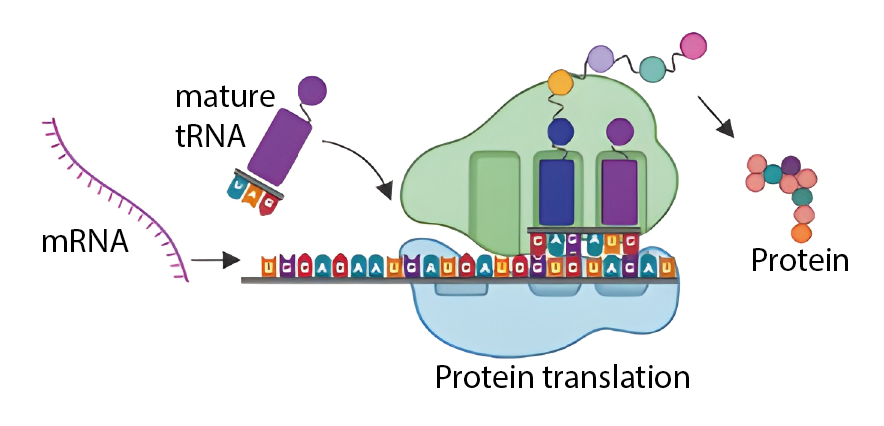HEV infection caused liver diseases are closely related to dysregulation of immune responses, especially inflammatory response. Macrophages play a central role in immunosurveillance of the healthy liver and in initiating inflammatory response when encountering pathogen invasion. A previous study (Hepatology. 2022 Jan;75(1):196-212) by the group of Dr. Qiuwei Abdullah Pan from Erasmus University Medical Center, the Netherlands found that HEV is a robust activator of NLRP3 inflammasome in macrophages. This represents a potential key mechanism of HEV-triggered hyperinflammation in patients. A recent study (Proc Natl Acad Sci U S A. 2023 Jun 20;120(25):e2304445120) from their group further explored the underlying mechanisms of regulating HEV-triggered inflammasome response.
Current attention of understanding inflammatory response largely focuses on the transcriptional and translational landscapes, but translational decoding which bridges these two processes has been largely ignored. Translational decoding is mediated by transfer RNAs (tRNAs). The human tRNAome is encoded by more than 600 tRNA gene loci. Mature tRNAs are typically 70 to 90 base pairs in length and charged with cognate amino acid, which is catalyzed by aminoacyl-tRNA synthetases (ARSs), providing the substrates for protein synthesis. Theoretically, the mature tRNAome shall contain 61 types of aminoacyl-tRNAs to decode the 61 triplet codons that specify the twenty primary amino acids in human proteins but the actual number of aminoacyl-tRNAs is smaller, wobbling and super wobbling being needed to explain.
In this study, the authors found that the mature tRNAome dynamically responds to HEV infection in macrophages. This directs IL-1b expression, the hallmark of NLRP3 inflammasome activation, at mRNA and protein levels. Conversely, pharmacological inhibition of inflammasome activation abrogates HEV-provoked tRNAome remodeling, revealing a reciprocal interaction between the mature tRNAome and the NLRP3 inflammasome response. Remodeling the tRNAome results in improved decoding of codons directing leucine-and proline synthesis, which are the major amino acid constituents of IL-1b protein, whereas genetic or functional interference with tRNAome-mediated leucine decoding impairs inflammasome activation.
Finally, the team demonstrated that the mature tRNAome also actively responds to lipopolysaccharide (a key component of gram-negative bacteria)-triggered inflammasome activation, but the response dynamics and mode of actions are distinct from that induced by HEV infection. These findings thus reveal the mature tRNAome as a previously unrecognized but essential mediator of host response to pathogens and represent a unique target for developing anti-inflammatory therapeutics.
Read the full article (Proc Natl Acad Sci U S A. 2023 Jun 20;120(25):e2304445120): DOI: 10.1073/pnas.2304445120

